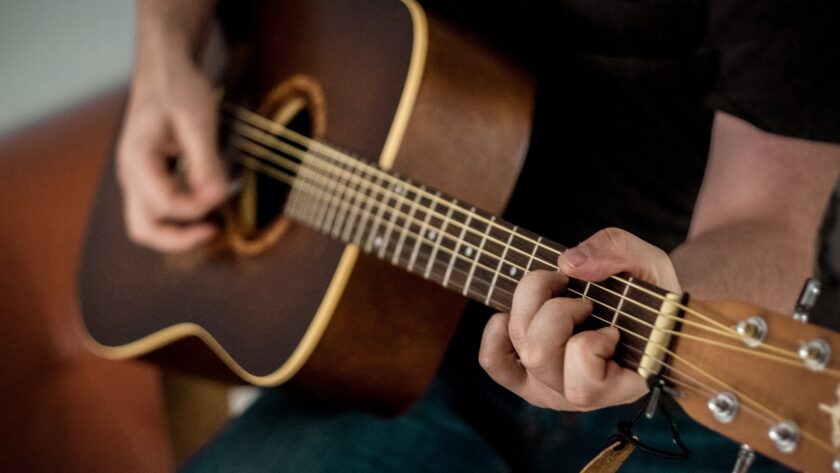Did you know that guitar is the second most played instrument in the world, behind the piano? There are thought to be over 72 million people worldwide that play the guitar at an intermediate or expert level.
The popularity of learning to play the guitar has helped steady over the years, and people find this is one of the easiest instruments to play, especially compared to the violin, which is up there in the top 5 hardest instruments to learn.
Even if you’re a complete beginner and have never picked up a guitar before, chances are it will be easier than you think. However, you need to be thinking about how you care for your guitar, not just how you play it. The condition of your instrument will affect the sounds you are able to achieve and the damage sustained while playing.
These tips can help you to care for your guitar correctly.
Change The Strings Regularly
It goes without saying that, or it should do that. You need to change your strings regularly to help you get the clear, crisp sounds you need when playing. Loose strings will lose their sound quickly; how fast depends on how you play and how often. For example, if you play for around an hour daily, you must, on average, change your strings every 4 to 6 weeks.
Clean The Fretboard
When you change the strings, you should also clean the fretboard oto. Over time grease, oil, and dirt can build up here from your hands, affecting your play. When you change the strings, gently scrape a credit card along the fretboard and use a soft, bristled toothbrush to clean it gently. Finish off by using a soft cloth to dry it. Then put your new strings on. This way, you are killing two birds with one stone.
You should also wipe down the fretboard after every use to limit build-up and reduce damage to the wood and the strings from contaminants from your fingers.
Keep It Cool and Dry
Extreme temperatures or moisture can affect your guitar and alter the alignment, meaning you might need to adjust before playing. But only these humid conditions can affect the wood and cause permanent damage to your guitar. You should keep your guitar in a hard case in a cool, dry space to mitigate any temperature fluctuations. Using a guitar humidifier can also help oy to make sure you don’t cause any damage to your instrument through excessive or too little moisture in the air.
Clean it Regularly
Lastly, as a rule of thumb, you need to make sure you are cleaning your guitar at least twice per week. Use a good polisher and learning solution to help your guitar stay clean and pristine and keep its shine and good condition. This can also be beneficial if you are selling your guitar. Cared-for instruments will retain a higher selling value if you wish to sell them and upgrade them to another model. And a clean guitar will be easier to play as you won’t have to worry about holding it and coming into contact with dirt and germs due to it being unclean.
Conclusion
Guitars are amazing instruments to learn to play. However, you need to ensure you care for them properly to help you extend their lifespan and get the best music quality possible.



